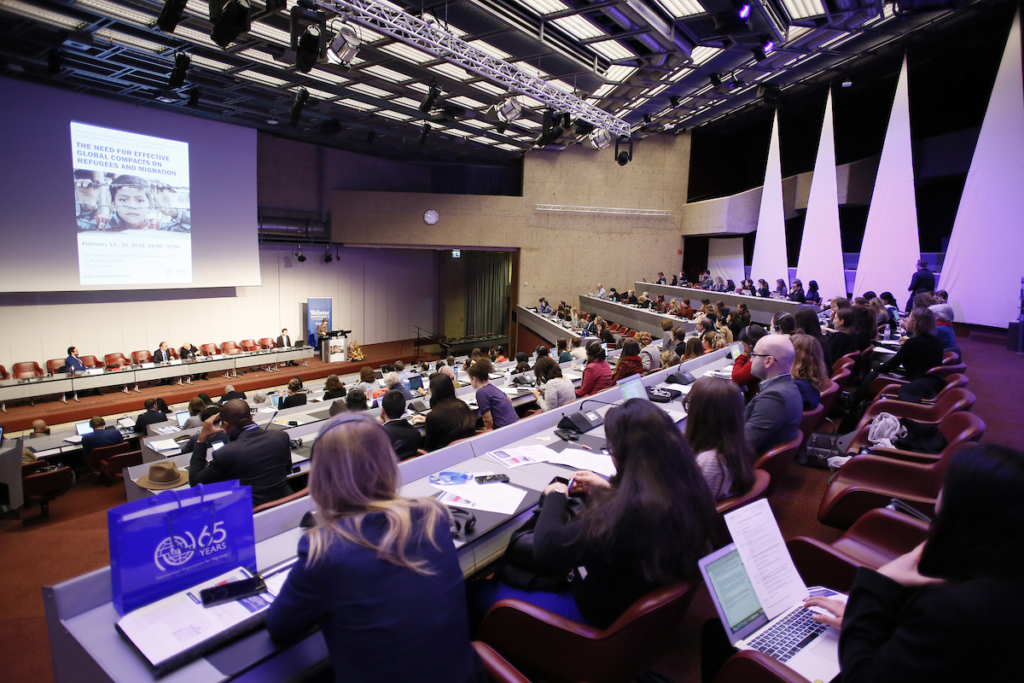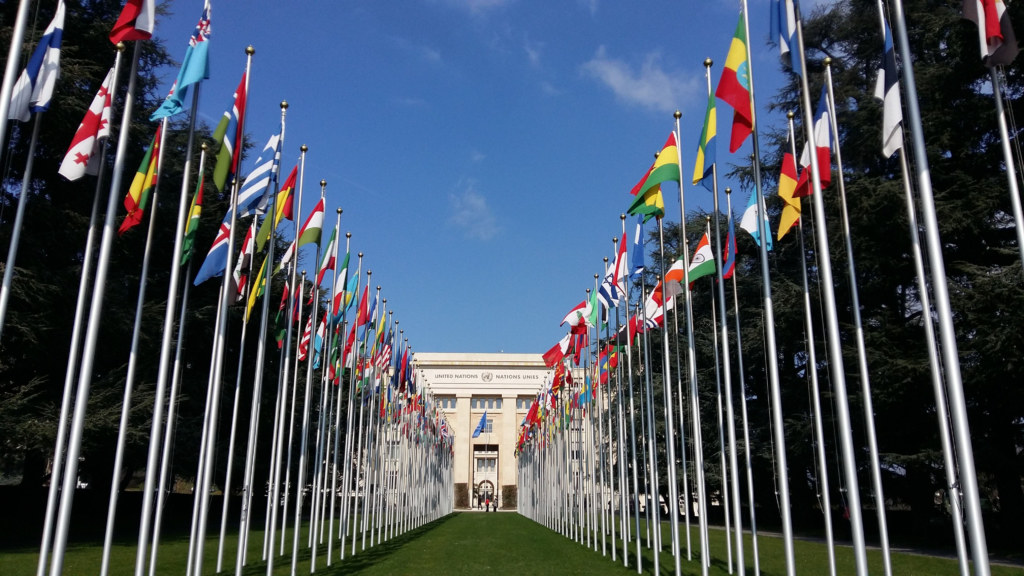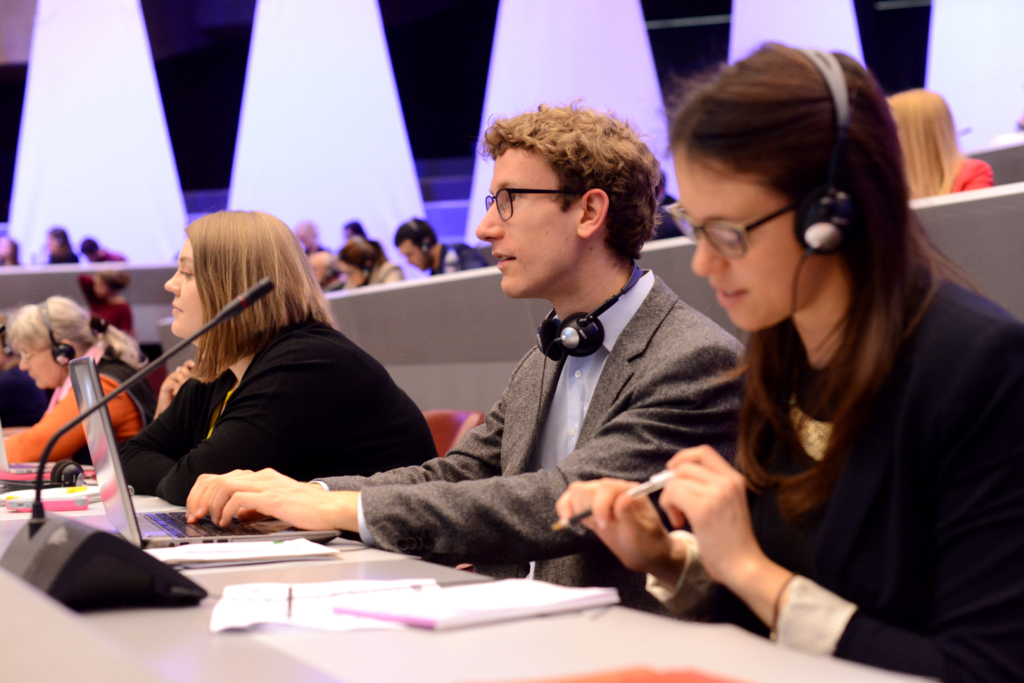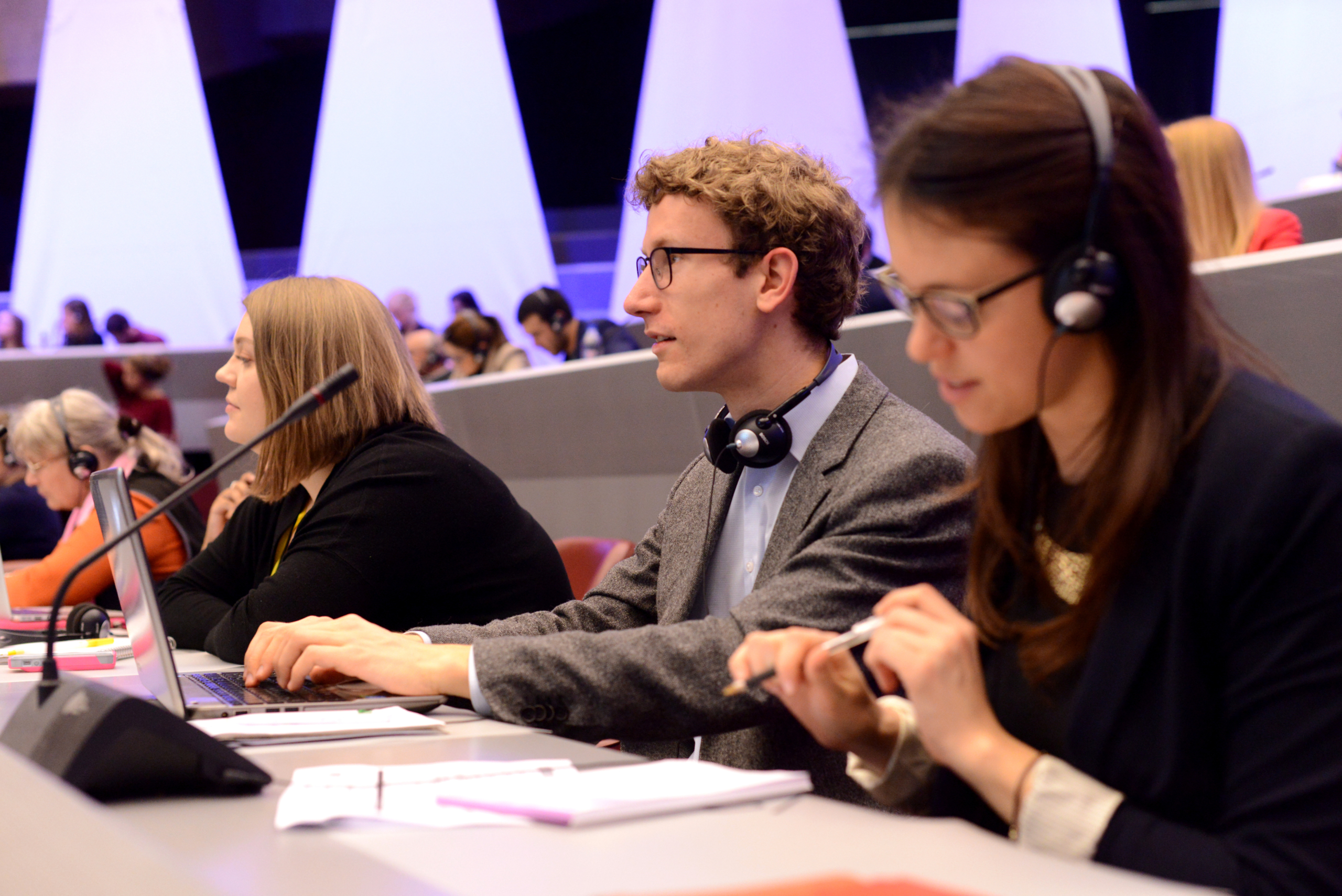
The topic of human rights for environmental migrants has always involved complex issues and frameworks—weaving in environmental law as well as international and regional human rights. In this way, this topic becomes a global concern that can seriously impact policy-making efforts in government, humanitarian organizations, and international companies.
Those interested in understanding the complex issues surrounding the protection of environmental migrants’ human rights can benefit from Webster Geneva’s new MA program. Created in collaboration with the International Organization for Migration (IOM), this degree will help students gain valuable new insights on this global issue.
This blog will provide students interested in human mobility and climate change with a brief overview of the issues concerning the protection of environmental migrants’ human rights.
Exploring the Complex Background and Impact of the Term “Environmental Migrants”
Past research has shown that environmental migrants have been facing a significant legal “protection gap.” These migrants need a solid legal framework that can protect their rights. For this reason, the United Nations Framework Convention on Climate Change (UNFCC) has addressed the issue of human mobility in the context of climate risk management to push for progress.
As discussion around this topic continued to grow, the UNFCC’s Conference of the Parties came to a milestone in 2018—recommending integrated approaches that help avert and minimize displacement. The availability of a concrete term that encapsulates all the complex issues involved with environmental displacement played a key role in this progress. By using the term, “Environmental Migration,” (proposed by the IOM), researchers and policy-makers can reference various forms of displacement (e.g. forced and voluntary, temporary and permanent, internal and international, etc.) and seek new ways to make positive change.
With this clear definition, and a desire to pursue migration refugee studies, students can learn to identify and discuss legal frameworks and initiatives that impact the protection of environmental migrants.

Reviewing Human Rights that Directly Impact Environmental Migrants
Interestingly, human rights and the environment have long been intertwined. Most notably, the Right to Life (Article 3) in the Universal Declaration of Human Rights (UDHR) has been argued to have a direct connection with the right to live in a healthy environment—placing more responsibility on states to take more active measures to protect life in the context of environmental degradation.
Additionally, the Right to Adequate Standard of Living (Article 25) in the UDHR emphasizes the right to human health and well-being, including food, water, sanitation, and other key elements. This focus on an adequate standard of living has also been linked to the environment, particularly in reference to the Right to Health (Article 11) in the European Social Charter by the European Committee of Social Rights. On that note, Article 38 of the Arab Charter and Article 24 of the African Charter also specify the right to a healthy or “satisfactory” environment.
These international human rights prove the importance of a healthy environment and can directly impact environmental migrants. However, the protection of these rights involves a deeper understanding of the law as well as other relevant issues—including international responsibility and accountability. Students earning an MA in Migration, Climate Change & Environment have the opportunity to delve deeper into the issue of human rights for environmental migrants.

A Closer Look at Progress for Students Taking Migration Refugee Studies
The issue of environmental migration is still evolving as new research and policies continue to drive discussion forward. In order to help with these efforts, the UNFCCC Task Force provided countries and stakeholders with actionable recommendations at COP24—including the collection of more data and research, the creation of national planning processes, and the facilitation of safe and regular migration.
These initiatives can positively affect environmental migrants, moving the discussion forward towards addressing the protection of environmental migrants’ human rights. Students interested in contributing to these efforts can consider Webster Geneva’s MA program, allowing them to study International Migration Law as well as Research Methods and Perspectives among other relevant courses. With this background, they can be better equipped to navigate key issues around human rights and environmental migration.
Are you interested in earning your master degree in Switzerland?
Contact Webster University Geneva for more information!




